BBOT Supports Balanced Budget
Burnaby Board of Trade President & CEO Paul Holden was in Victoria for the release of the new provincial budget and attended the budget speech by Finance Minister Mike de Jong in person at the Legislative Assembly. The BBOT is generally supportive of this ‘stay the course’ budget and is especially pleased to see the province announce another balanced budget with a strong surplus.
The 2015 budget contained a projected surplus of $879 million for the end of fiscal year 2014/15 and a surplus of $284 million forecast for the coming fiscal year of 2015/16. As a result, British Columbia will likely be the only province to post a budget surplus this year. Minister de Jong also announced forecasts for surpluses for the next two fiscal years of $376 million in 2016/17 and $399 million in 2017/18. The BBOT believes that a balanced provincial budget serves to illustrate the strength of the BC economy and helps set the province apart as an attractive place to do business when compared to other jurisdictions.
The budget also included important supports for the digital media and film & television industries, among others, which are two of Burnaby’s key business sectors. The BBOT has advocated in the past for additional supports for these industries, and was therefore pleased to see the government announce an expansion of the Digital Animation or Visual Effects Tax Credit as well as announce an extension to 2018 of the Interactive Digital Media Tax Credit. The BBOT understands the importance of both the digital media and film & television sectors as cornerstones of our creative economy and will continue to advocate on their behalf.
The budget contained some announcements relevant to social and environmental concerns, including the exemption of child support payments from income assistance calculations, the roll-out of the BC Early Childhood Tax Benefit, and the new Water Sustainability Act. As a triple-bottom-line organization, the BBOT will task its Social Development Committee and Environmental Sustainability Committee to review the budget’s social and environmental proposals and continue to guide BBOT advocacy in these areas.
Other highlights of the budget’s fiscal plan include $2.1 billion in infrastructure spending for post-secondary education, skills and trades training, $2.9 billion in transportation investments (including the Evergreen SkyTrain Line from Burnaby to Coquitlam), $2 million in additional funding for the Buy Local program, which helps farmers and food processors promote their B.C. products, an extension to the BC Training Tax Credit and an increase to the Small Business Venture Capital Tax Credit.
As part of its review of the provincial budget, the BBOT sought analysis and comments from the business and academic communities to share with its members:
Helmut Pastrick, Chief Economist, Central 1 Credit Union:
“Budget 2015 contained no major surprises and was a continuation of the government’s policy stance. The fiscal plan confirms that B.C. public finances are in good shape with the province anticipated to run surpluses through 2017/18. Debt-to-GDP ratios are projected to decline and will remain amongst the lowest in the country. Most of the public debt is to finance past and future capital spending on infrastructure for health, education, transportation, and utilities purposes.
Budget 2015 projects average annual revenue growth of 2.1 per cent and expense growth of 2.3 per cent through 2017/18. The budget surplus is projected at $284 million in 2015/16, down from $879 million in 2014/15, rising to $399 million in 2017/18. The projections are after the forecast allowance and contingencies amounting to $750 million in 2017/18. An additional buffer comes from conservative economic assumptions on overall B.C. growth, the exchange rate, interest rates, commodity prices, and housing activity. There is a high probability that the economy will outperform budget assumptions leading to higher revenue and budget surpluses than projected.
Provincial government spending will not be a significant driver of economic growth over the next three years under this budget plan. However, should the economy outperform budget assumptions, it will
allow the government more room to nudge up future spending.”
Andrey Pavlov, Professor of Finance, Beedie School of Business, Simon Fraser University:
“This balanced budget is good for all of us. I am pleasantly surprised that the government kept its promise to roll back the highest marginal tax rate to 2013 levels. While the actual tax implications are small, this sends a highly positive signal that our government is consistent and reliable.
I am concerned about the increase in the overall debt. Our infrastructure is clearly in desperate need of investments, but these investments should come from the private sector to the extent possible and be supported by future user fees. The fact that debt-to-GDP is falling is a redeeming factor, although this would be of little help if GDP growth forecasts turn out to be too optimistic.”
Special Event Note:
On Thursday, March 19th, the Burnaby Board of Trade will welcome Finance Minister Mike de Jong to a special reception with Board of Trade members. Attendees will be able to network with fellow business professionals before hearing from the Minister in person on the repercussions of the budget and throne speech and what the coming months hold in store for the province. For more information on this event, please click here.
Additional Budget Material:
BC Government Budget 2015 website




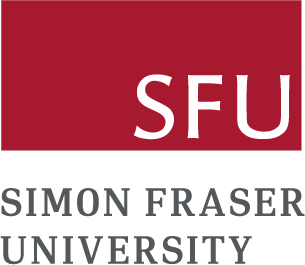
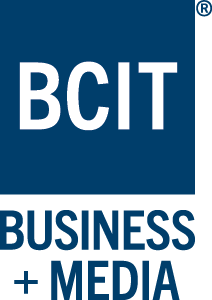


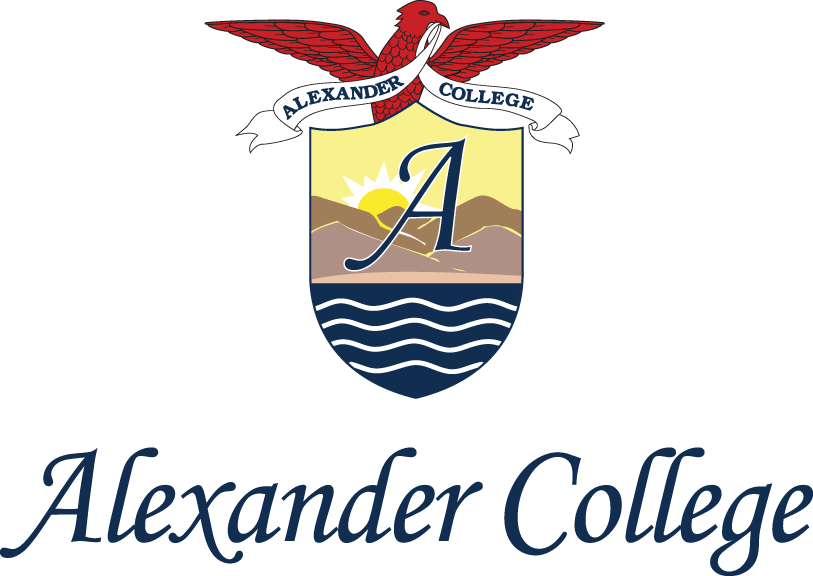




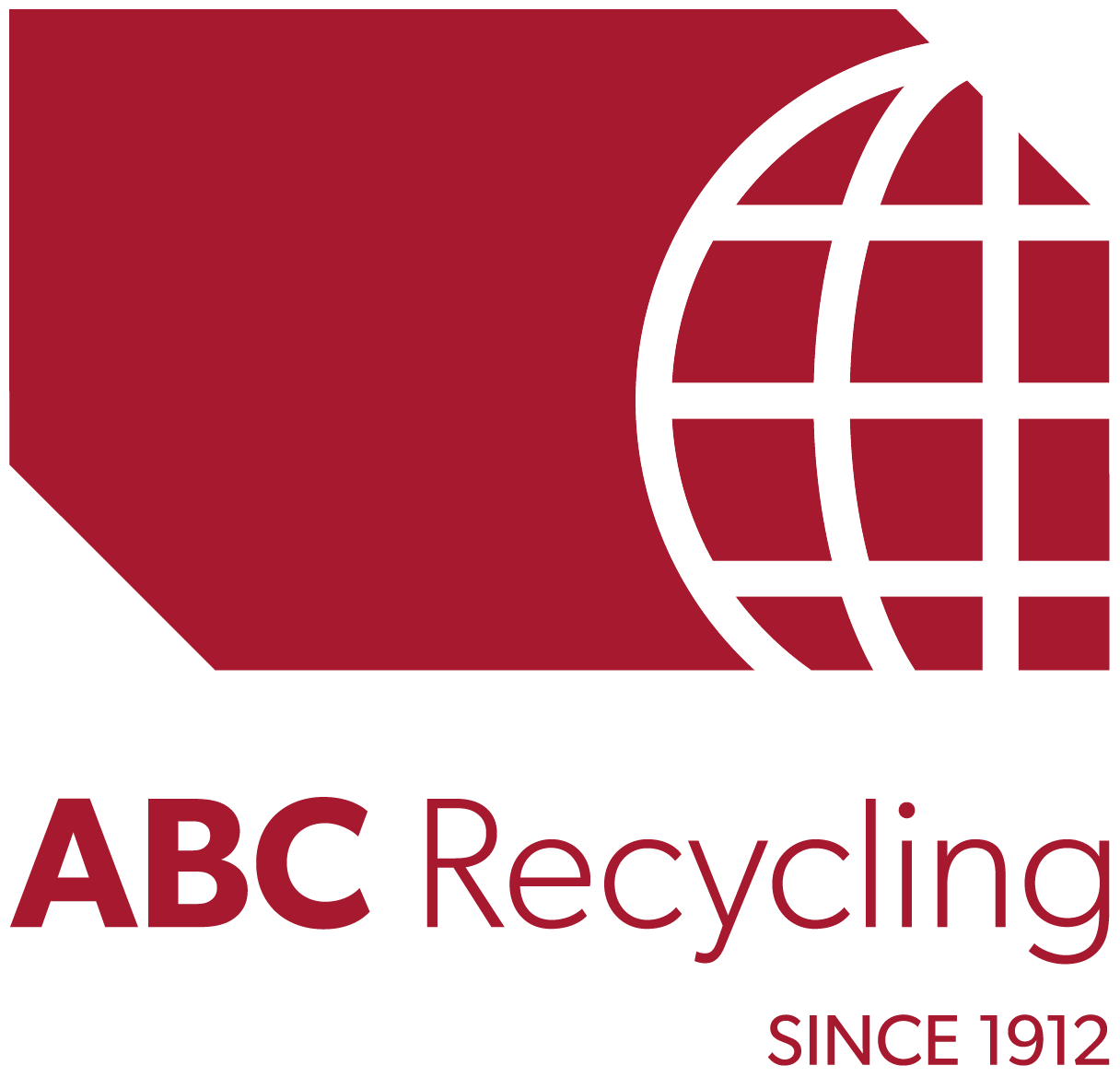
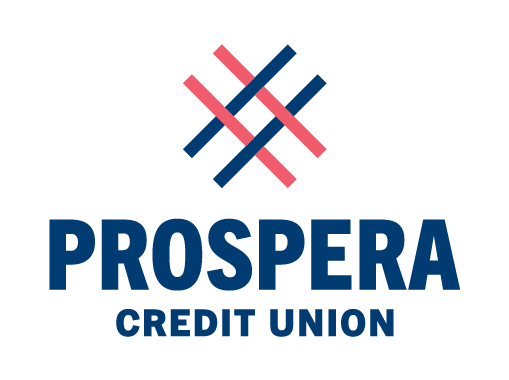
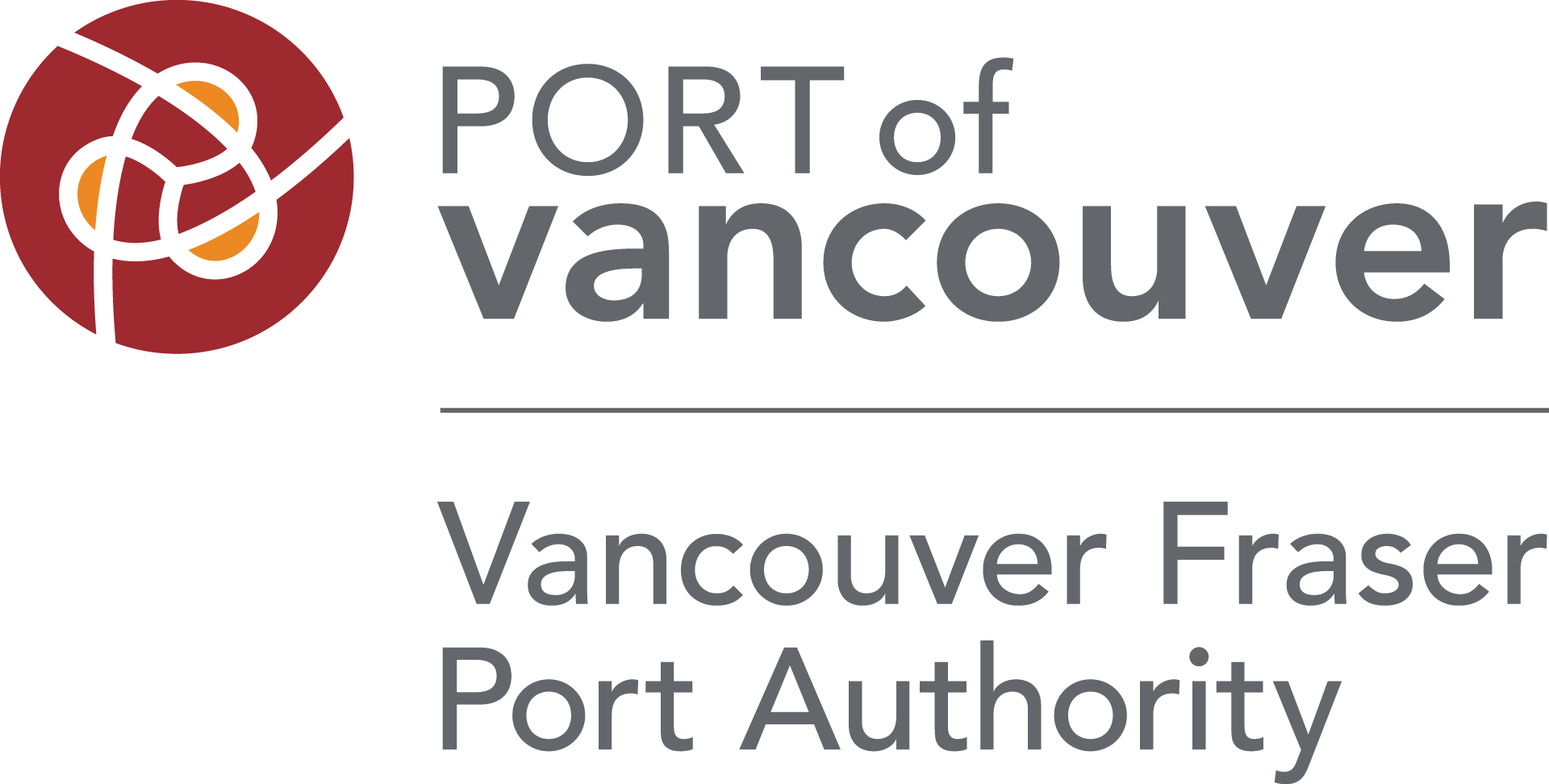
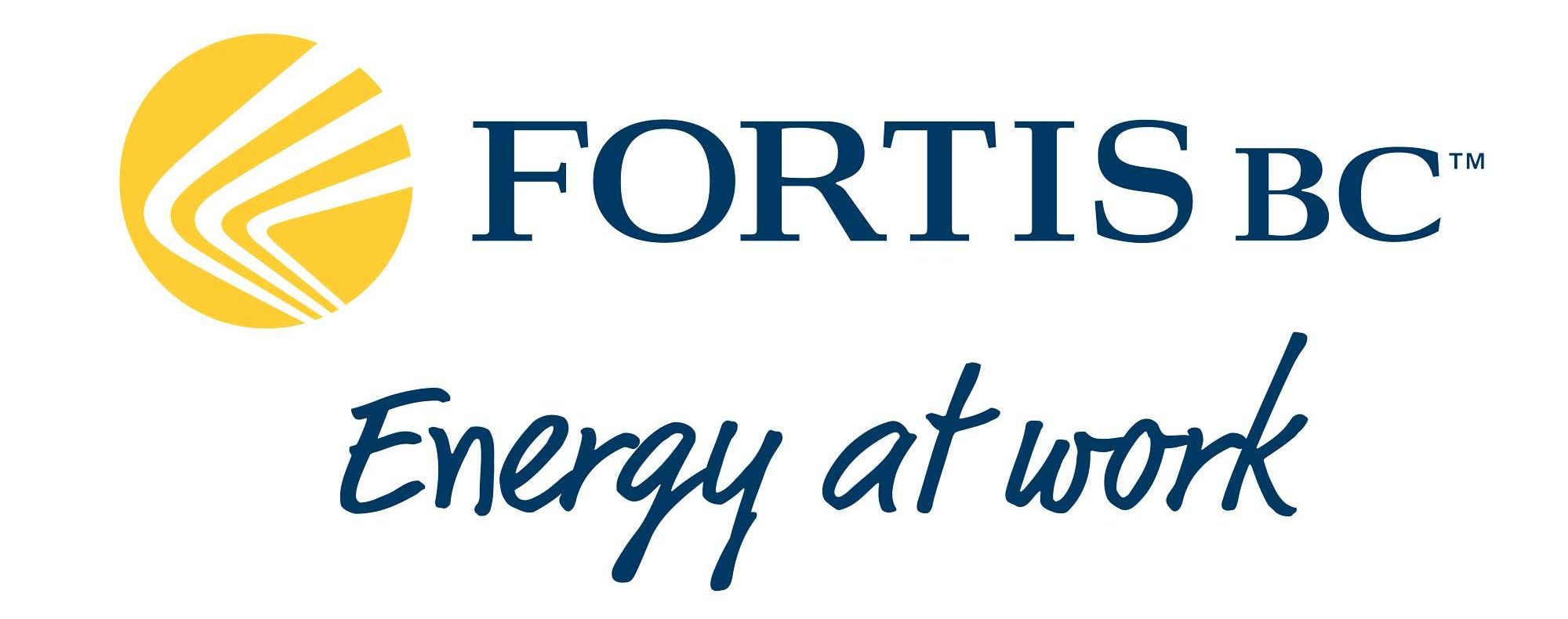
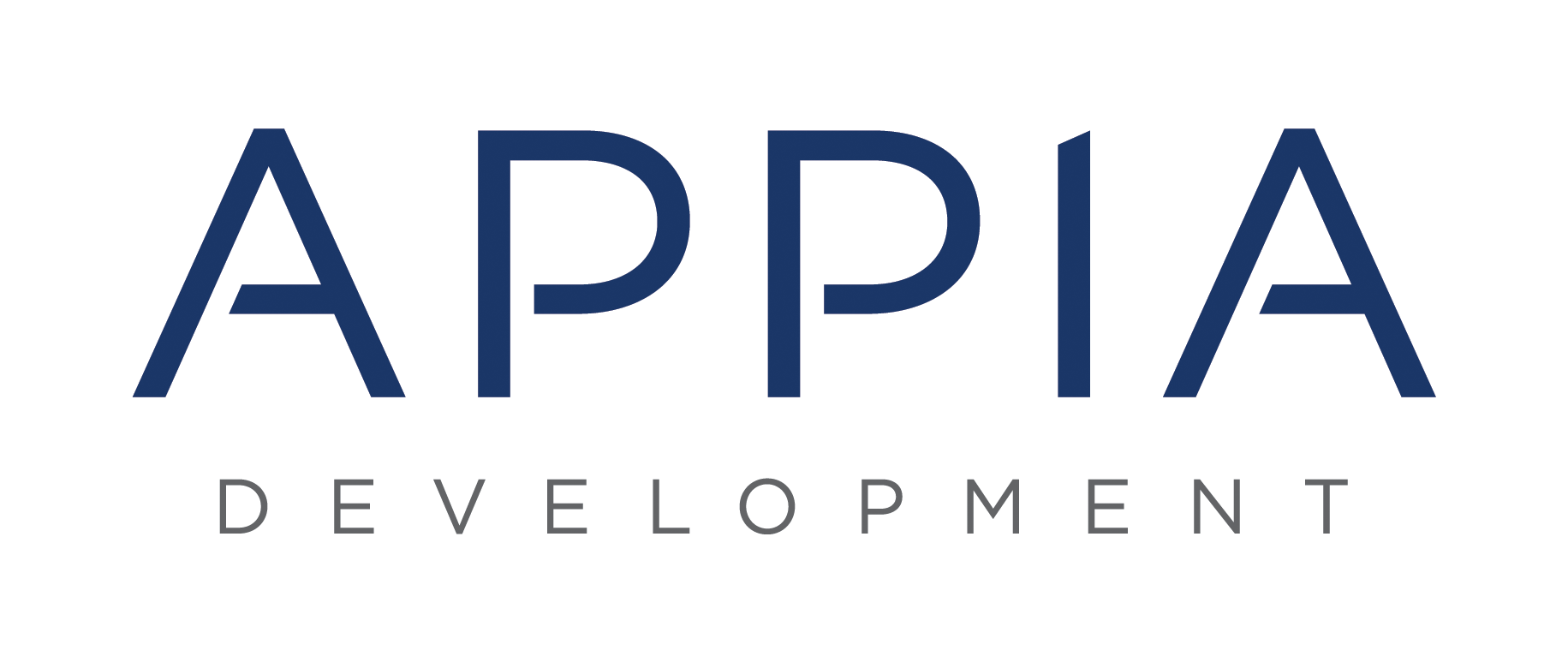
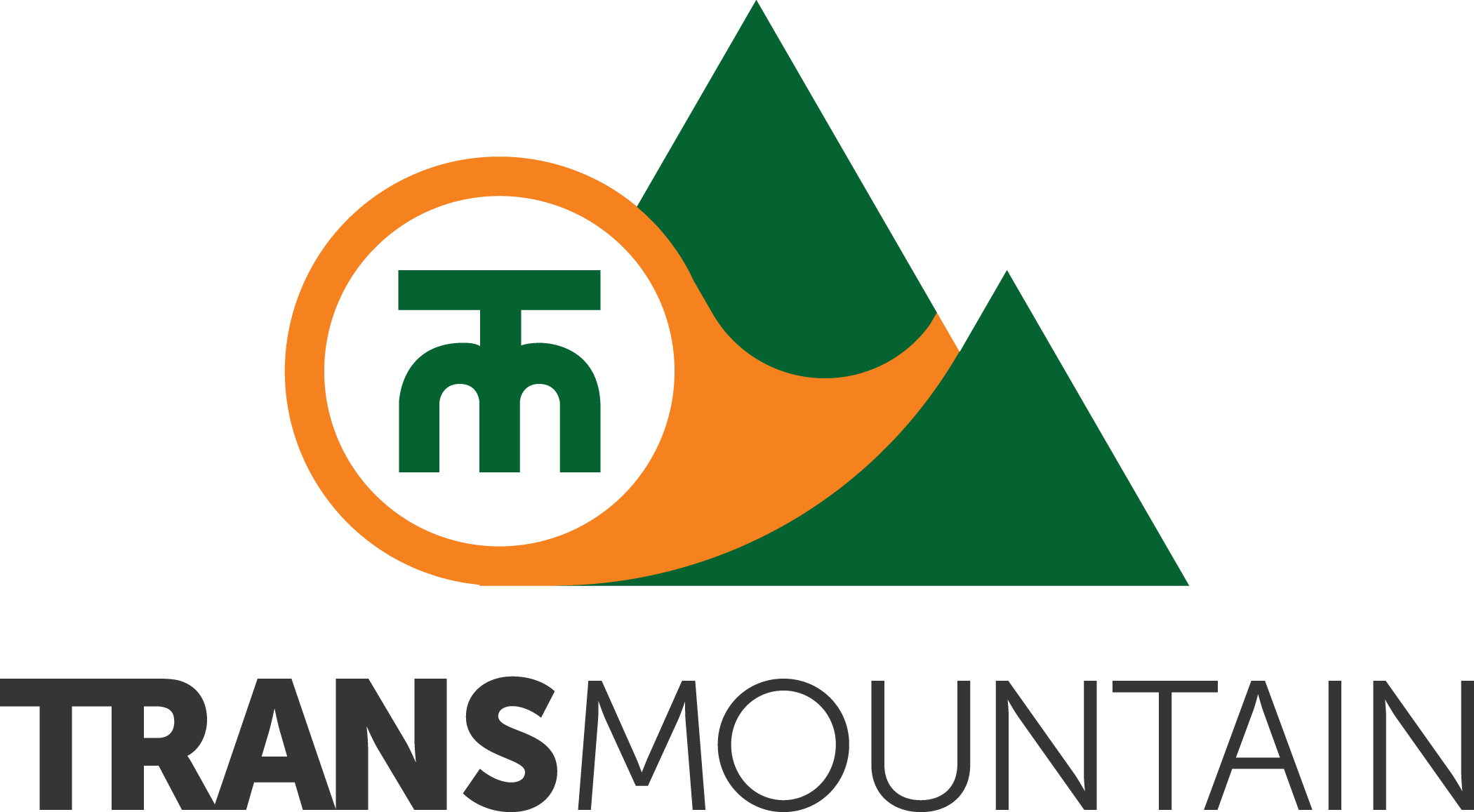


connect with us